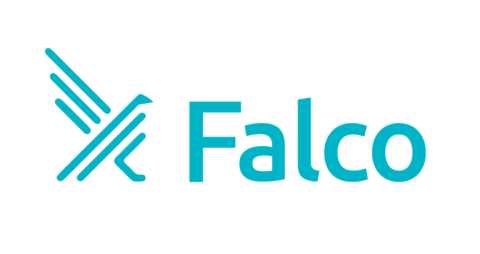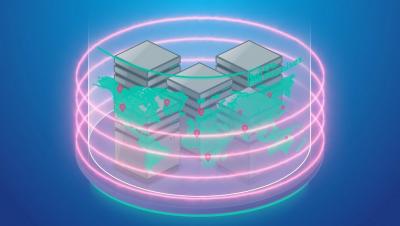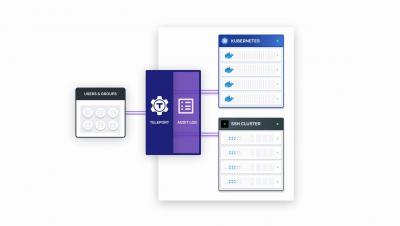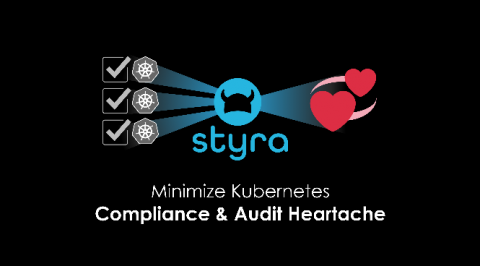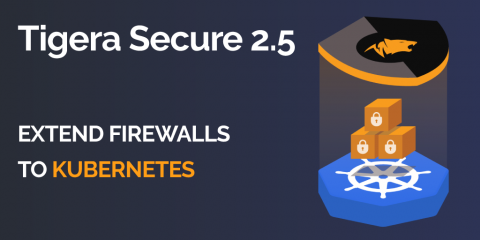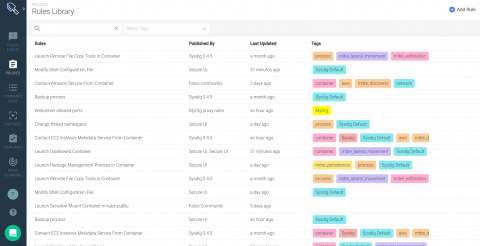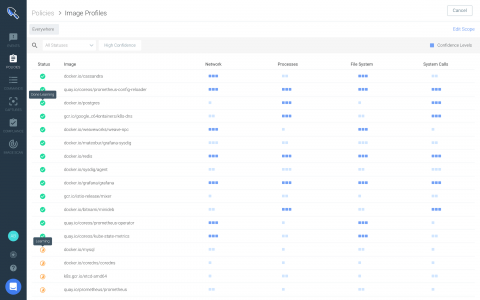Falco in the open
One of the most successful aspects of Kubernetes is how functional the open source community was able to operate. Kubernetes broke itself down in smaller sections called special interest groups, that operate similarly to subsections of the kernel. Each group is responsible for a single domain, and sets their own pace. One of the most important things to a Kubernetes SIG, is the residual SIG calls.


